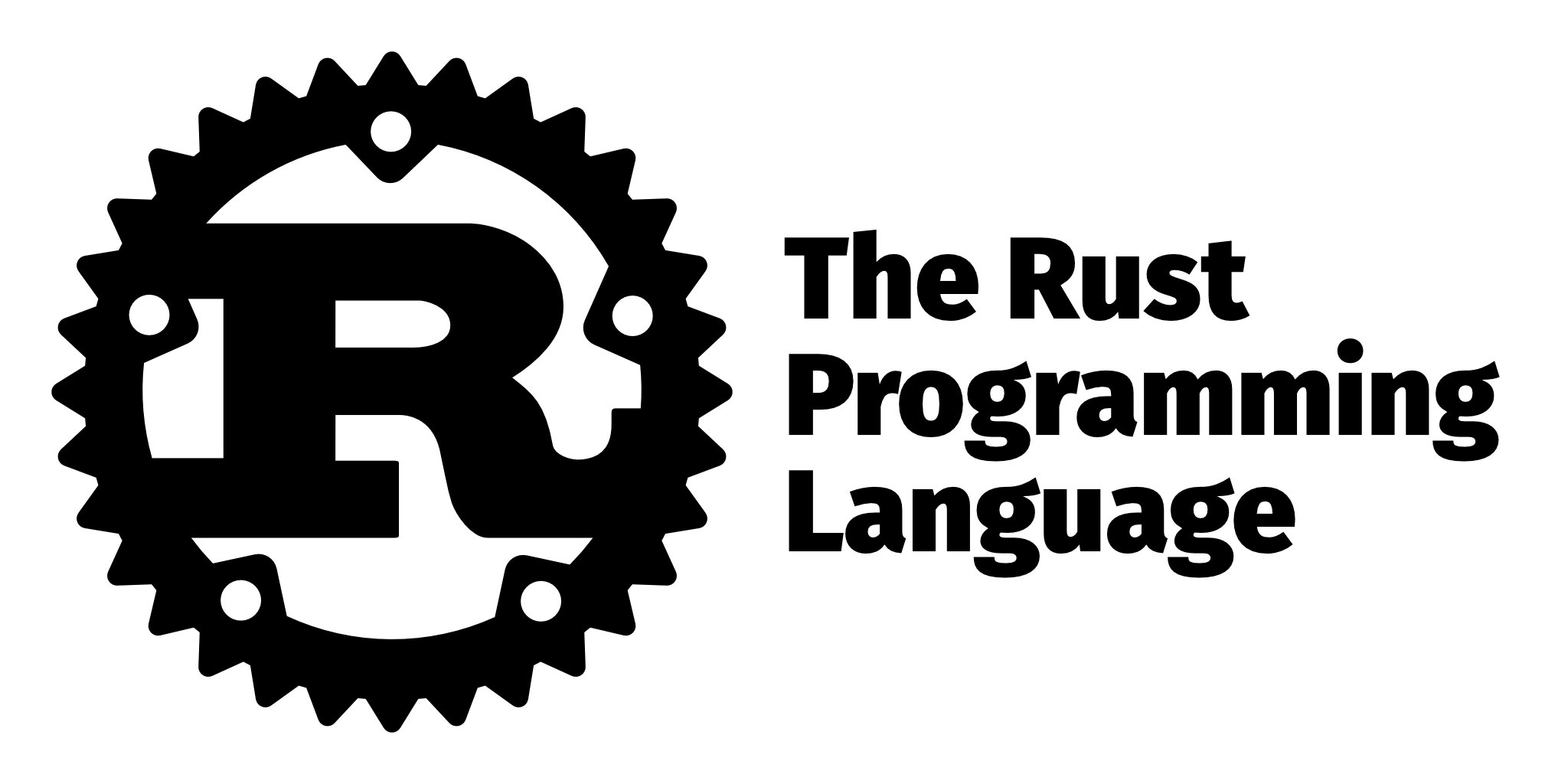My curiosity was piqued when I came across claims that Rust, a relatively new programming language, could match the speed of C++ while providing improved safety and a higher-level syntax. Intrigued by these bold statements, I embarked on a journey to explore Rust’s capabilities and uncover the truth behind the hype.
⚡ The Promise of Speed
Rust has gained recognition for its exceptional performance, often matching or surpassing the speed of C++. Here’s why Rust stands out in terms of speed:
-
Zero-Cost Abstractions: Rust provides high-level abstractions without sacrificing runtime performance, allowing developers to write expressive code that is optimized during compilation.
-
Efficient Memory Management: Rust’s compile-time memory management enables efficient allocation and deallocation of resources, eliminating the need for garbage collection and reducing runtime overhead.
-
Advanced Compiler Optimizations: Rust’s compiler employs sophisticated techniques to generate highly optimized machine code, maximizing performance.
-
Concurrent Programming: Rust’s ownership model enables safe and efficient concurrent programming, eliminating data races and improving overall performance.
🛡️ The Promise of Safety
Rust prioritizes safety, offering strong guarantees that prevent common programming errors. Key safety features include:
-
Ownership System: Rust’s ownership system ensures memory safety and eliminates issues like null pointer dereferences and dangling references.
-
Borrow Checker: The borrow checker enforces strict rules for mutable and immutable borrowing, preventing data races and ensuring thread safety.
-
Error Handling: Rust promotes a robust approach to error handling through its
ResultandOptiontypes. By explicitly handling errors, developers are encouraged to write code that gracefully handles potential failures. This approach minimizes the risk of unchecked errors and helps prevent unexpected program behavior. -
Strict Language Design: Rust’s language design prioritizes safety by avoiding features that can lead to undefined behavior or introduce vulnerabilities. For example, Rust does not have null pointers, and arithmetic operations are checked to prevent integer overflow. By making these design choices, Rust encourages developers to write safer code.
🏆 The Promise of Higher-Level Syntax
Rust’s higher-level syntax offers a clean and expressive way to write code, making it easier for developers to understand and maintain their programs. The language designers drew inspiration from a range of modern programming languages, and also implemented distinctive features that set Rust apart:
-
Pattern Matching: Rust’s pattern matching allows developers to match values against specific patterns and execute corresponding code blocks. This powerful feature simplifies branching logic and enables concise handling of various cases. Pattern matching can be used with enums, structs, tuples, and even literals, providing a flexible mechanism for extracting and manipulating data.
-
Enums: Enums in Rust are more versatile than in many other languages. They can hold different types of data, enabling the creation of rich and expressive data structures. Combined with pattern matching, enums allow for concise and readable code that handles different scenarios based on the enum variant.
-
The
if letandwhile letExpressions: Rust’sif letandwhile letexpressions provide a concise way to handle specific patterns in control flow. They combine condition checking and pattern matching, allowing developers to write cleaner code when they are interested in only one specific variant of an enum.
💤 Conclusion
Undefined behavior refers to situations where the outcome of executing a program is not defined by the programming language’s specifications. It occurs when a program exhibits unpredictable behavior due to factors like using uninitialized variables, accessing memory out of bounds, or relying on assumptions that the language does not guarantee. Rust’s design and features aim to provide a safe and reliable programming experience by minimizing undefined behavior and promoting best practices in software development.
📚 Learning Resources
-
The Rust Programming Language - Exceptional online documentation, providing a comprehensive introduction to the language.
-
Programming Rust: Fast, Safe Systems Development - Excellent resource designed for more advanced developers. One of its standout features is the extensive use of examples that contrast Rust with C/C++ and Python.
